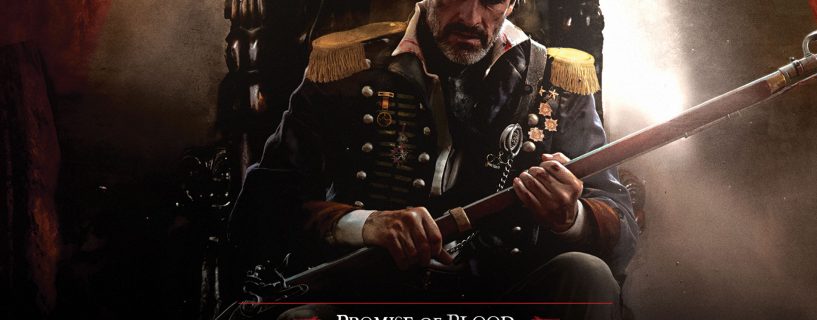“There is nothing impossible to him who will try.”
-Alexander the Great
World creation is one of the toughest and most challenging skills one can undertake in writing. Part of the problem stems not from just the characters and peoples within it, but also the various political entities that inhabit it. It is one thing to have a Kingdom or an Empire, it is another to actually know how these governments work. Some writers will barely ever touch upon how the various governments of their society run or they will go into great intense detail.

A major issue with too much is that it leaves a reader at times bored or just confused. Politically minded plots need governmental and factional lore to provide the logic of their internal workings. A coming of age story focusing only in part on a Kingdom, on the other hand, doesn’t need so much detail.
What’s in a Polity?
A basic definition of a polity can be summarized as:
A polity is any kind of political entity. It is a group of people who are collectively united by a self-reflected cohesive force such as identity, who have a capacity to mobilize resources, and are organized by some form of institutionalizedhierarchy.

When you create an organized collection of individuals you create a form of polity. While not much is needed to create such a group it is a good idea to have a rough sketch of a few details.
- What are their numbers or size?
- Are they government? A State? A band of thieves?
- Who or what leads them? How are they organized?
- What kinds of resources and assets do they have?
There is a lot more to making up a group and a larger government than giving it a name. Westeros as an imperial Kingdom has a series of ruling councils and lords with responsibilities. The Small Council acts as the centralized bureaucracy of the Seven Kingdoms. There is a Master of Coin who controls the running of the royal economy and maintain loads to entities such as the Iron Bank. Then there are other positions Master of Whispers to maintains the royal spy network as well as the Lord Commander of the Kingsguard.
In Chronicles of Alsea the ruling body of the planet is the Council of Caste Primes, as well as the Lancer. Each has their own place within the planet’s population with the Primes acting as representatives of their respective Castes.
Giving it all Character
When we discussed designing aspect of a world we talked about how themes and tropes can be used to give a sense of immersion to the audience (or in so many words). All of these attributes give a character to the world at large. A polity or group is just like this. If the group follows the old Non-Uniform Uniform Trope or perhaps the greater expanse of polities are part of a Planet of Hats.

If we assume the Planet of Hats aspect of a group that means every member of the group might have a specific defining characteristic. This is especially useful for a large band of expendable mooks or even a grouping of redshirts. The issue here is not to stereotype your entire group as being only one type or grouping of people. Doing this can easily lead to creating one-sided characters a reason to research tropes before using them.
The Political Landscape
In Game of Thrones little finger says that power is nothing but a trick, a shadow on the wall. Each polity in a world represents an individual aspect of that world. If a world is focused on a particular resource or is shaped by a form of its own ecology this will effect the mindset of the people. If your species is long-lived and contemptuous by nature much like the elves in Drowtales.com will lead to an assortment of possible entities.
In Drowtales, the various elves in the underworld exist in multi-lineage clans (made up of several “subhouses”) who are ruled by a powerful figure known as an Il’haress. Each Il’haress is in her own right a queen, a high commander, or a supreme leader. Each clan while existing in individual cities or across many is often its own nationstate. Clans are often made up of hundreds if not thousands of members and have their own unique culture, technology, and appearance.

Compared to the elves of Dragon Lance, the elves of Drowtales are vastly more complicated and different. The elves of Dragonlance are more organized along subracial / cultural lines rather than those of culture alone. Whereas several of the Drowtales clans are multi-racial (having dark elf and light elve lineages mixed), the people of the various elf nations are organized generally into simple singular entities.
Both cases use the stereotypical elf as he long lived pointed ear species. In this case, however, both examples show vastly different governmental and cultural organizations. Their landscape is vastly different to each other as they adapted to the unique biology of each species.

